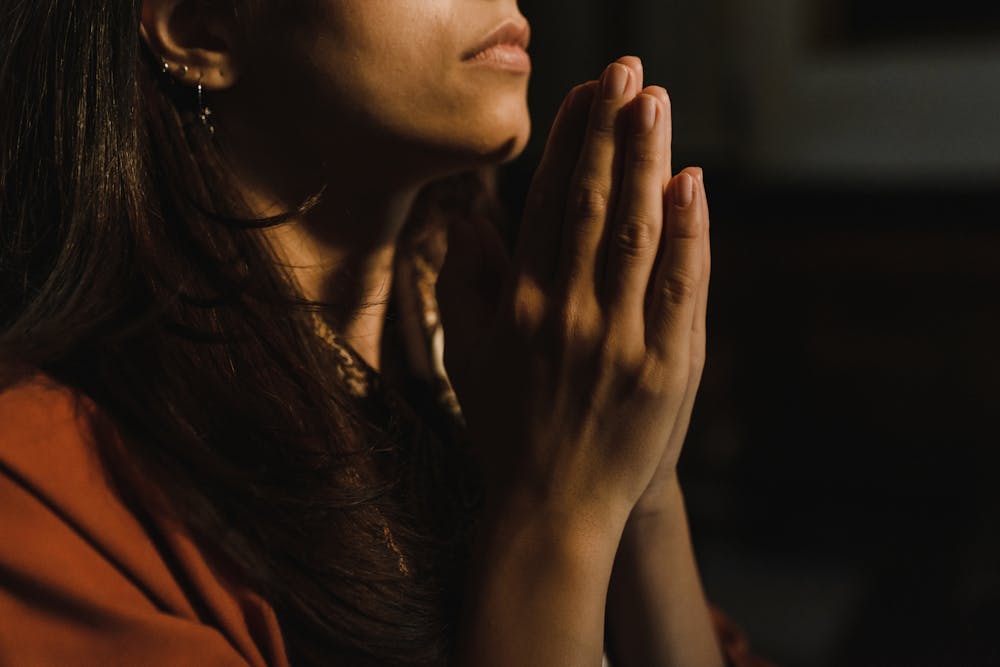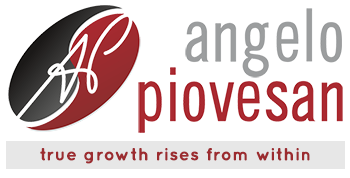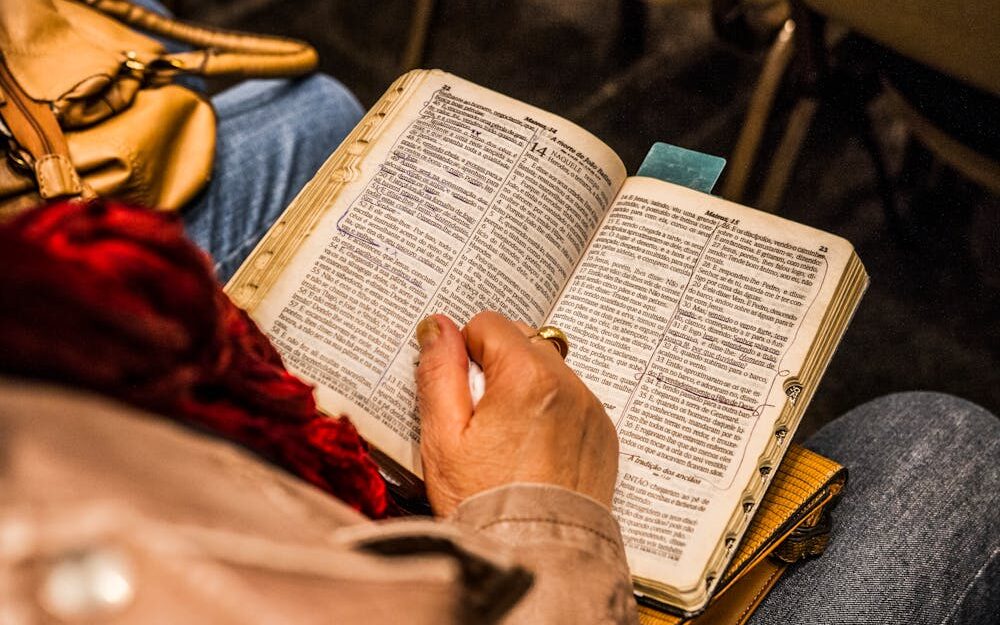What are the psalms anyways? They are sacred chants and poems that express emotions such as faith, gratitude, supplication and praise.
Present in the Old Testament, the psalms offer us a path to self-knowledge and a more intense connection with the divine, carrying centuries of history and meaning. Far beyond simple words, the psalms have the power to provide protection, balance and inner peace, helping us to face life's challenges with more serenity.
I've been studying the psalms and other spiritual themes for many years, and I see in them a practice that favors transformation. Throughout this article, we'll explore the origin of the psalms, their main meanings and how to incorporate them into our daily lives to strengthen our spirituality.
The origin of the psalms
Psalms are songs and poems of praise, supplication and thanksgiving found in the Old Testament, more precisely in the Book of Psalms.
These texts date back more than 3,000 years and were mostly written by David, the great king of Israel, but also by other authors such as Moses and Solomon. These texts were composed in different periods and reflect different situations in life, such as moments of war, peace, crisis and hope.
These sacred chants were created to be recited, chanted or prayed in religious ceremonies, especially in Jewish worship, and later adopted by Christianity as well. The beauty of the psalms lies in their universality and the depth of the emotions they express: sadness, gratitude, hope and devotion.
The psalms are also marked by a unique poetic structure, which has made them a source of inspiration for thousands of people around the world over the centuries.
Through metaphors, images and an elevated writing style, they invite us to reflect and connect with the divine. Such a rich and varied origin is what makes the psalms one of the most powerful and touching parts of the Scriptures.
They allow us to get in touch with a spiritual tradition that is still alive and relevant, especially for those seeking spiritual support in difficult times.

Psalms and spirituality: their connection to faith
Psalms have a deep connection with spirituality, and this connection transcends religious barriers. They are tools that help express feelings of faith, gratitude and the search for the divine presence.
No matter what your religion or belief is, the psalms are a bridge to reach a higher spiritual dimension, helping to restore faith and confidence, especially in times of uncertainty.
For me, the psalms represent an intimate dialog with the sacred. They invite us to reflect on our own experiences, to understand our pains and joys and to recognize that spirituality is a journey of growth and self-knowledge.
Each psalm is charged with energy and, when we read or pray them with devotion, we open ourselves up to a deeper contact with our inner selves and with what we consider to be divine. This is why many people turn to the psalms in search of consolation, inspiration and spiritual renewal.
Psalms like the 23, which talks about trust in difficult times, or the 121, which expresses security under divine protection, are like balms for the soul. They help us to find greater meaning in our lives and to see beyond the difficulties of the present.
In this respect, the psalms act as spiritual guides, helping us to keep the faith and seek peace amidst the turbulence of everyday life.
The power of psalms in protection and prayer
For centuries, the psalms of protection have been used by people seeking a spiritual shield to protect themselves from negative energies, dangers and difficulties.
Psalm 91, for example, is considered one of the most powerful for protection. In its words, we find promises of safety and refuge, which strengthen the faith of those who seek protection.
But this power of protection goes beyond the simple reading; it lies in the intention and devotion with which each psalm is recited. When we pray with faith, the psalms become a powerful tool for strengthening our personal and spiritual energy.
Throughout my journey, I myself have witnessed the effectiveness of these chants of protection in my life and in the lives of many I accompany in my spiritual practice.
In addition to protection, the psalms also enhance the power of prayer. They provide a framework for us to express ourselves more clearly and sincerely, opening our hearts and minds to the divine presence.
The act of praying with psalms is an ancient practice that promotes a deep connection with the sacred and helps to align our energy. When we recite a psalm with an open heart, we put ourselves in a state of receptivity, allowing the divine force to protect and guide us.
This is an experience that strengthens the faith and brings inner peace.

Main psalms and their meanings
Over the centuries, some psalms have stood out and become especially popular, each with their own specific meanings and uses.
Psalm 23 is one of the best known and carries a powerful message of confidence and consolation: “The Lord is my shepherd; I shall not want.” It is often recited in times of distress, offering a sense of comfort and security.
Another much-loved psalm is Psalm 91, which I mentioned earlier. Known as the “psalm of protection”, it is used by those who seek to feel protected and sheltered under divine protection. Its words remind us that by trusting in God, we are safe from any evil.
Psalm 121 is a song of trust in divine protection. It talks about the security we find in entrusting our lives to the divine. This psalm is ideal for those who face challenges and need strength and resilience.
There are many other psalms, such as 27, which talks about courage and light in dark times; and 46, which is a reminder of God's constant presence, even in storms.
These psalms, when recited with faith, bring comfort, peace and spiritual renewal. It's fascinating how they help us to face our difficulties, finding the strength to overcome obstacles and continue on our journey.
How to use the psalms in daily life
Incorporating the psalms into daily life can be a powerful practice for those seeking more spirituality and balance.
You don't need to follow a complicated or extensive routine; just a few minutes a day dedicated to reading or praying a psalm can make all the difference. Many people choose a specific psalm to read when they wake up or before they go to sleep, as a way of protecting the day or bringing peace at the end of it.
Another way to use the psalms is in meditation. Choosing a psalm that resonates with the moment you are living and reflecting on its words can bring clarity and strengthen your intention. For example, I know many people who like to use Psalm 91 as a protective meditation before starting an important activity.
For those who are facing challenges, the psalms offer a haven of serenity. They help to remind us that, even in times of difficulty, there is a greater force watching over us.
Reciting the psalms daily is an exercise that, over time, becomes a powerful spiritual practice. This practice not only strengthens us spiritually, but also offers us a calmer and more balanced perspective on life.

Discover the transformative power of the psalms in your life
The Psalms are more than just ancient texts, they are spiritual companions that help us face life's difficulties with more courage, faith and hope. In times of uncertainty, they bring us consolation; in times of fear, they offer us protection; and in times of joy, they remind us to express gratitude.
The Psalms are universal prayers, because there is always someone praying a psalm all over the world. This establishes a huge network of people who seek to connect with God through the psalms. By joining this worldwide prayer chain, we help to strengthen and increase the transformative power of the psalms even more.
That's why I've developed a complete online course about the psalms, where we'll explore each of them in depth and their applications in everyday life.
Just to illustrate some of the various subjects covered in the course, I'd like to mention the issue of the themes addressed in the psalms. John Calvin, a 16th century theologian, said that the Book of Psalms is a mirror of the human soul because there is no feeling that is not represented in the psalms: fear, despair, faith, joy, mourning, the search for forgiveness and for revenge, affliction, anguish, strength and so many others.
Cada Salmo aborda vários temas e vamos apresentar os principais temas tratados em cada um dos 150 Salmos com o intuito de facilitar a escolha do salmo mais apropriado para determinada situação.
Each Psalm deals with various themes, and we are going to present the main themes dealt with in each of the 150 Psalms in order to make it easier to choose the most appropriate Psalm for a given situation.
I, Angelo Piovesan, with decades of experience and study in spiritual matters such as Tarot consultations and REIKI courses for children and adults, invite you to embark on this journey.
In the course, we will explore the true power of the psalms and how they can be used to strengthen our faith, seek protection and achieve peace and balance.
If you prefer to read rather than watch video lessons, or even combine these formats, you can buy my e-book of the same name: “The Transforming Power of the Psalms”. The e-book also presents all the essential content of the course in a simple and practical way.
I hope to meet you soon, so that together we can deepen our connection with the ancient and transformative wisdom of the psalms.
May the Light of Love be the guide of all paths, at all times, in all circumstances, with all the people. And may Love foster Peace!


